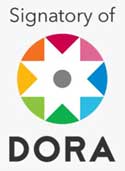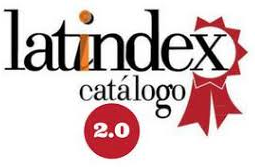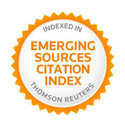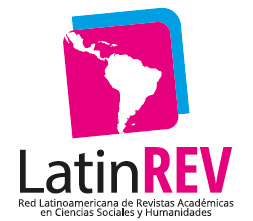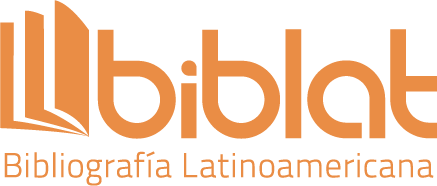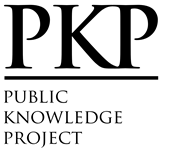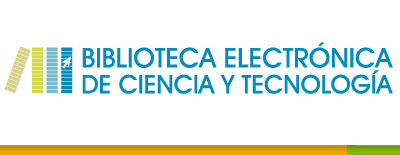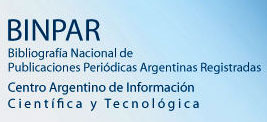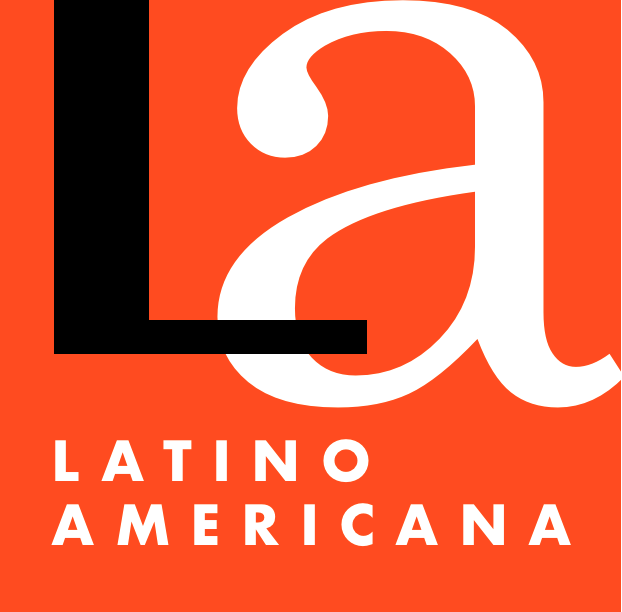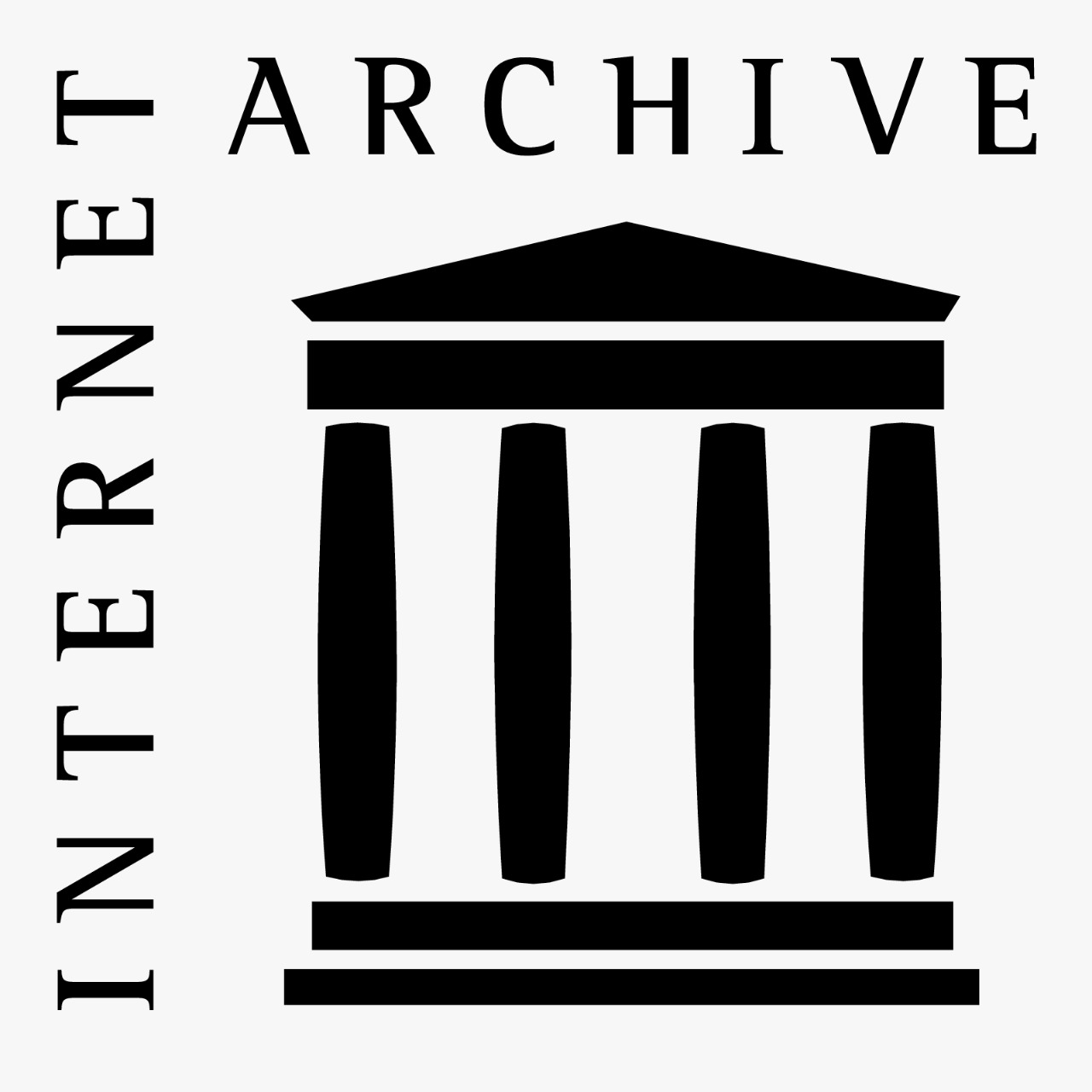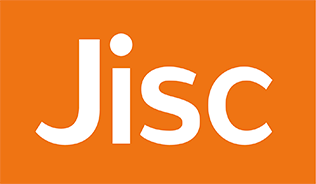The TUYA approach as a personalization strategy for online education
Informe de cátedra de Familia y tecnología 2021
Abstract
This report is a summary of the experiences and insights gathered across 2021 within the Family and Technology course at Austral University in Argentina. Students take this course during the third year of their Family Counseling bachelor’s degree program. Attendance is carried out remotely, through the university’s virtual campus in the Moodle 3.9 learning platform. Course load is 60 hours a month.
At the center of it all is the TUYA approach, a Spanish acronym meaning: “Ubiquitous and self-regulated trajectories.” This approach is novel and disruptive, countering the typical alternatives usually found in online educational spaces. The goal is to promote students’ self-regulation skills, bringing them closer to the subject matter and the course’s specific contents by considering their own, particular interests. Students’ own time-management is one of the central tenets of this approach. And to make this possible, students are granted ubiquitous access, both to the campus and to the dynamics of the virtual classroom itself.
This experience has led to important insights, both for students and faculty. These can be derived from students’ own coursework as well as the thinking processes promoted during the course and reinforced at the very end.
Downloads
References
Albarello, F. (2019). Lectura transmedia. Leer, escribir, conversar en el ecosistema de pantallas. Ampersand.
Anijovich, R. y González, C. (2011). Evaluar para aprender. Conceptos e instrumentos. Aique.
Castro Sánchez, M. (2019a). Familias 4.0: lo virtual es real. VI Congreso Internacional de las Relaciones Interpersonales: Desarrollo humano en tiempos de la (re)evolución 4.0. Centro de Estudio de las Relaciones Interpersonales, Universidad Austral, Buenos Aires.
Castro Sánchez, M. (2019b). Vínculo pedagógico y compromiso académico en la universidad. Estudio de caso desde la perspectiva de los estudiantes (Tesis de Maestría en Dirección de Instituciones Educativas). Escuela de Educación, Universidad Austral, Buenos Aires.
Cobo, C. (2016). La innovación pendiente. Reflexiones (y provocaciones) sobre educación, tecnología y conocimiento. Debate.
Díaz Barriga Arceo, F. y Pérez Rendon, M. M. (2010). El portafolio docente a escrutinio: sus posibilidades y restricciones en la formación y evaluación del profesorado. Observar, 4, 6-27.
Donati, P. (2011). Relational Sociology: A New Paradigm for the Social Sciences. Routledge.
Garrison, R., Anderson, T. y Archer, W. (2000). Critical Inquiry in a Text-Based Environment: Computer Conferencing in Higher Education. The Internet and Higher Education, 2(2-3), 87-105.
Garrison, R. y Cleveland-Innes, M. (2005). Facilitating Cognitive Presence in Online Learning: Interaction Is Not Enough. The American Journal of Distance Education, 19(3), 133-148.
Garro-Gil, N. (2017). Relación, razón relacional y reflexividad: tres conceptos fundamentales de la sociología relacional. Revista Mexicana de Sociología, 79(3), 633-660.
Hayes, B. (1999). Cómo medir la satisfacción del cliente: diseño de encuestas, uso y métodos de análisis estadístico. Oxford University Press.
Henry, J. y Meadows, J. (2008). An absolutely riveting online course: Nine principles for excellence in web-based teaching. Canadian Journal of Learning and Technology, 34(1). https://www.learntechlib.org/p/43238/.
Livingstone, S. y Helsper, E. (2008). Parental Mediation of Children's Internet Use. Journal of Broadcasting & Electronic Media, 52(4), 581-599. https://doi.org/10.1080/08838150802437396, 581-599.
Maggio, M. (2018). Reinventar la clase en la universidad. Paidós.
Nodine, T. R. (2016). How did we get here? A brief history of competency-based higher education in the United States. The Journal of Competency-Based Education, 1(1), 5-11. http://dx.doi.org/10.1002/cbe2.1004.
Orlowsky, J. (Director). (2020). The social dilemma [Película]. Exposure Labs.
Pardo Kuklinski, H. y Cobo, C. (2020). Expandir la universidad más allá de la enseñanza remota de emergencia. Ideas hacia un modelo híbrido post-pandemia. Outliers School.
Sangrá, A. (Coord). (2020). Decálogo para la mejora de la docencia online. Propuestas para educar en contextos presenciales discontinuos. Editorial UOC.
Schwartzman, G., Tarasow, F. y Trech, M. (2014). Dispositivos tecnopedagógicos para enseñar: el diseño en la Educación en Línea. En Schwartzman, G., Tarasow, F. y Trech, M. (Comps.), De la Educación a Distancia a la Educación en Línea. Aportes a un campo en construcción (pp. 37-62). Homo Sapiens.
Thomas, H. y Buch, A. (2013). Actos, actores y artefactos: Sociología de la tecnología. Universidad Nacional de Quilmes.
Yáñiz, C. (2008). Las competencias en el currículo universitario: implicaciones para diseñar el aprendizaje y para la formación del profesorado. Revista de Docencia Universitaria, 4(2), 31-39.
Copyright (c) 2021 Mariángeles Castro-Sánchez

This work is licensed under a Creative Commons Attribution-NonCommercial 4.0 International License.
The authors retain the copyright and guarantee the journal the right to be the first publication of the work. In case that a translation of the article already published in Austral Comunicación can be published in another journal, it is requested to record the original publication in the translated version.
The license used is CC BY-NC-SA, which allows sharing (copying and redistributing the material in any medium and format) and adapting (remixing, transforming and building on the material) under the following terms: attribution (acknowledge authorship) and non-commercial (the material cannot be used for commercial purposes). Update: February 1, 2022.
Austral Comunicación allows the author (s) to retain the publication rights without restrictions.



